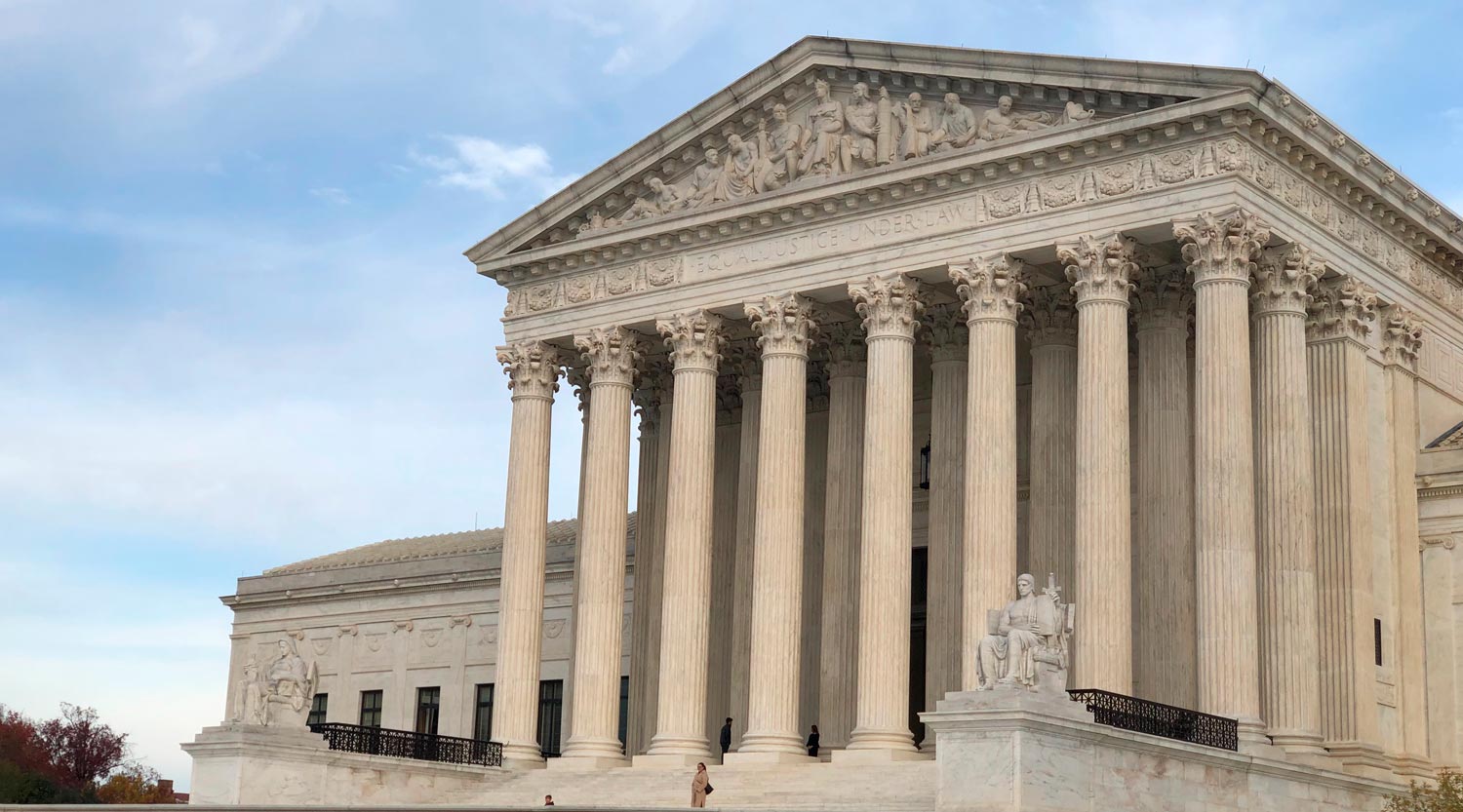
Small businesses are constantly buying and selling their inventory. Some need a short-term loan to cover costs before the customer purchases the items. This is called a merchant cash advance. When disputes arise about these cash advances, a lawsuit may occur. As a provider, you deserve to get paid for the cash you advance. Global Legal Law Firm represents companies in merchant cash advance lawsuits to collect on underperforming or unpaid debts. We know how to work with debtors when we can, and file a lawsuit when they still refuse to pay. Our attorneys are the best option to get your money back.
 Digital payments are revolutionizing the way we interact with money. It is estimated that in 2023, the number of people using mobile payment methods is expected to reach 1.31 billion in 2023, a significant increase from 950 million users in 2019. This seismic shift away from physical cash and checks is having a profound impact ... The Future of Digital Payments
Digital payments are revolutionizing the way we interact with money. It is estimated that in 2023, the number of people using mobile payment methods is expected to reach 1.31 billion in 2023, a significant increase from 950 million users in 2019. This seismic shift away from physical cash and checks is having a profound impact ... The Future of Digital Payments




